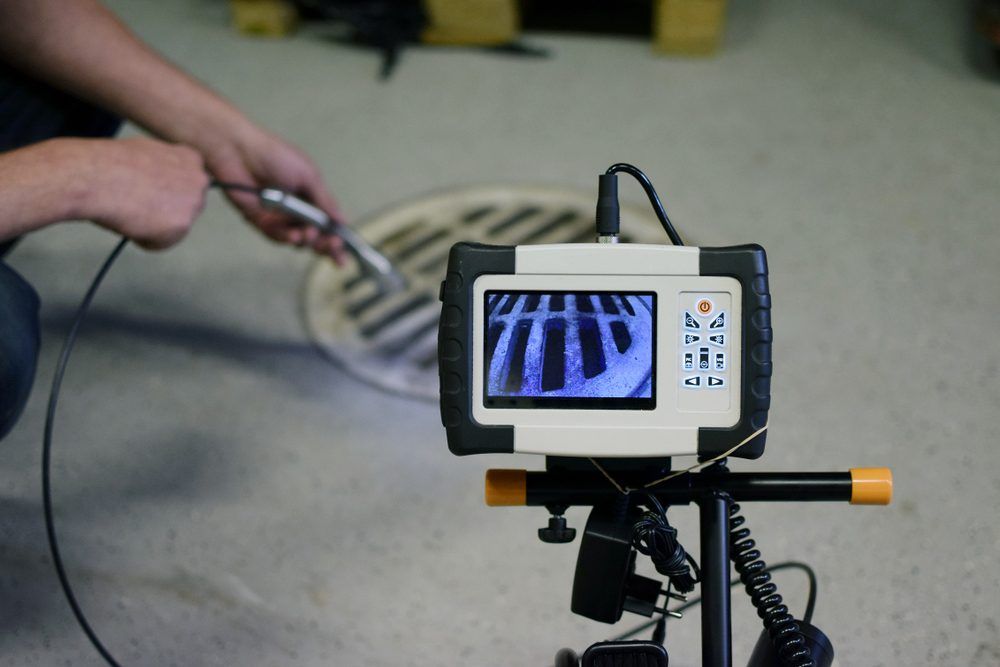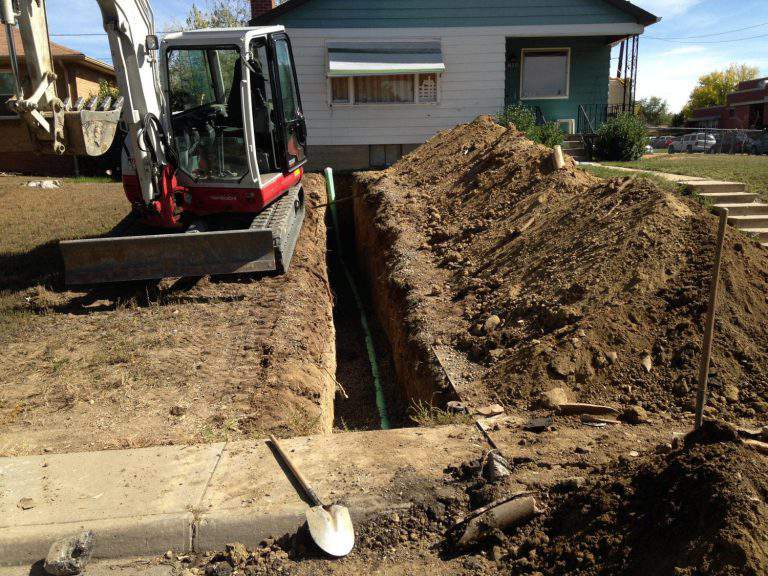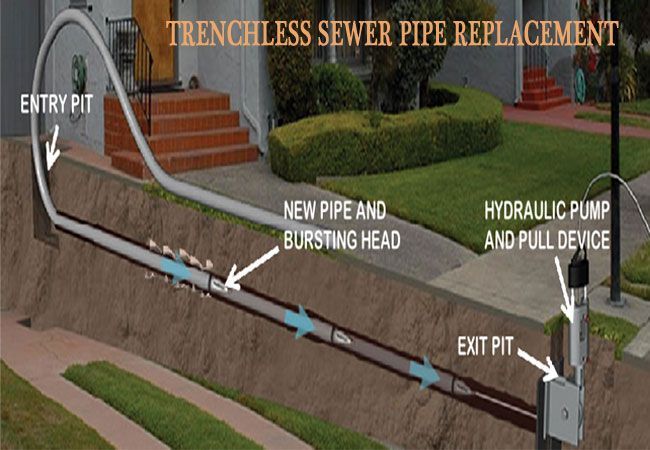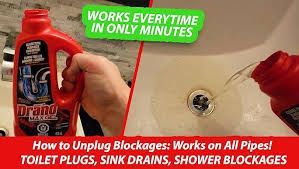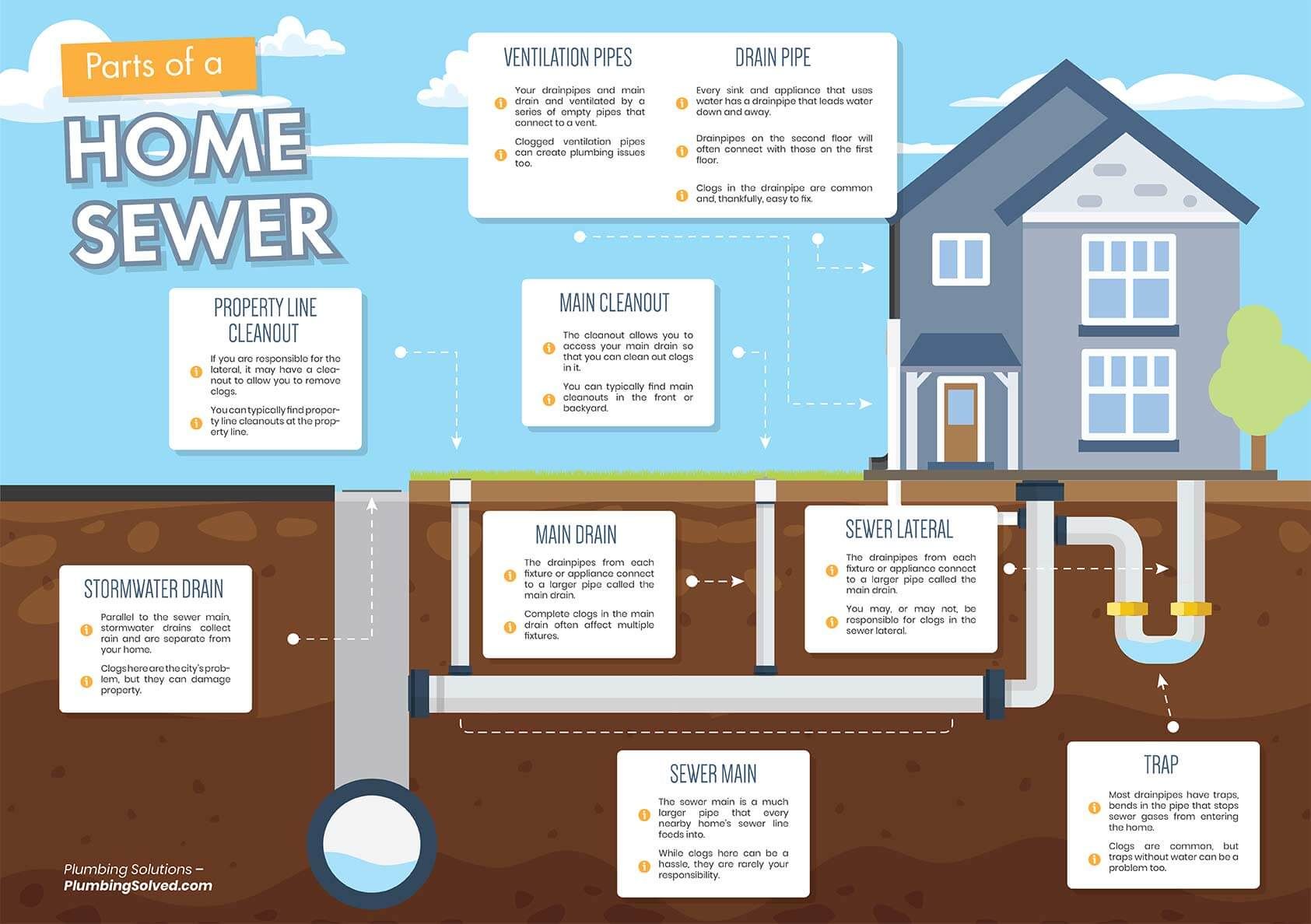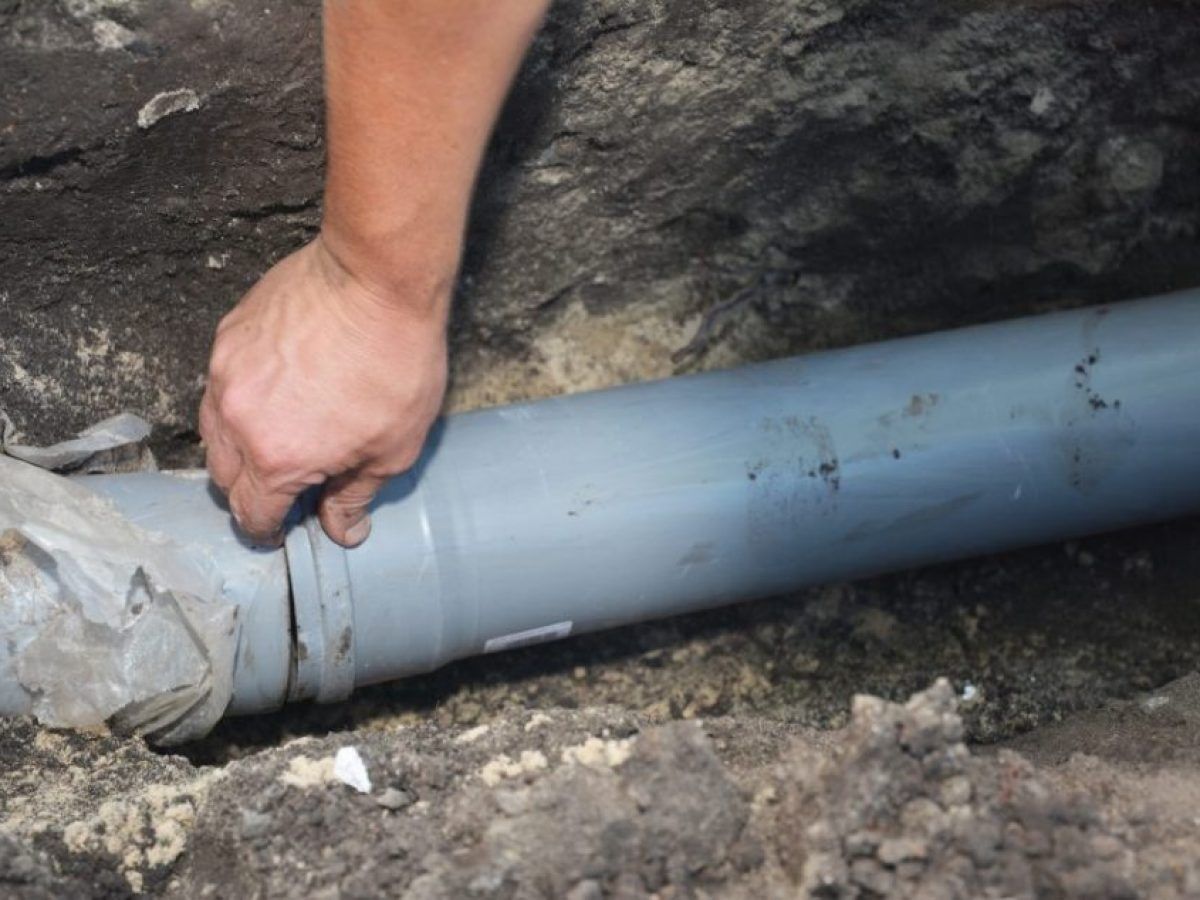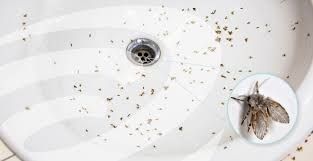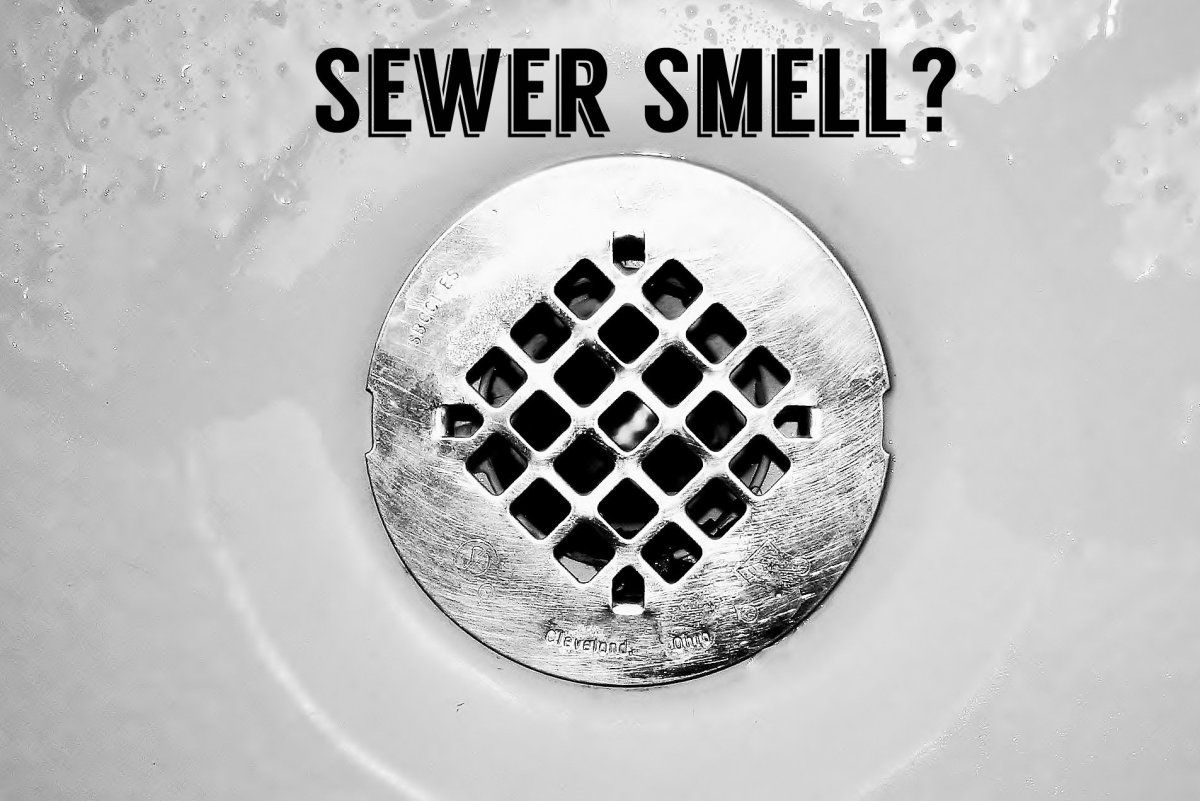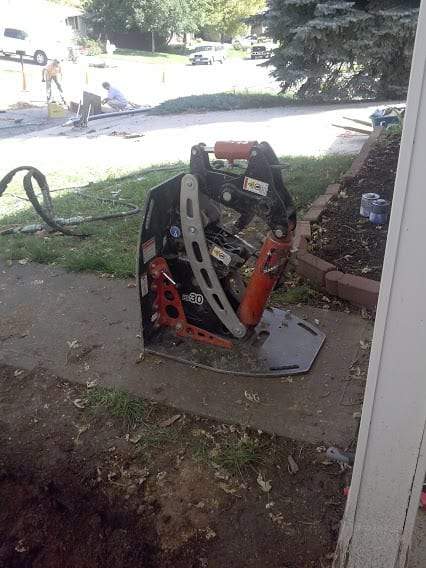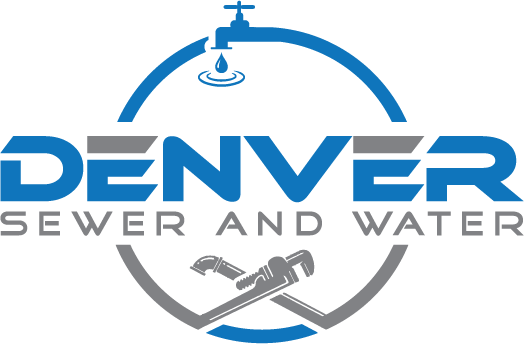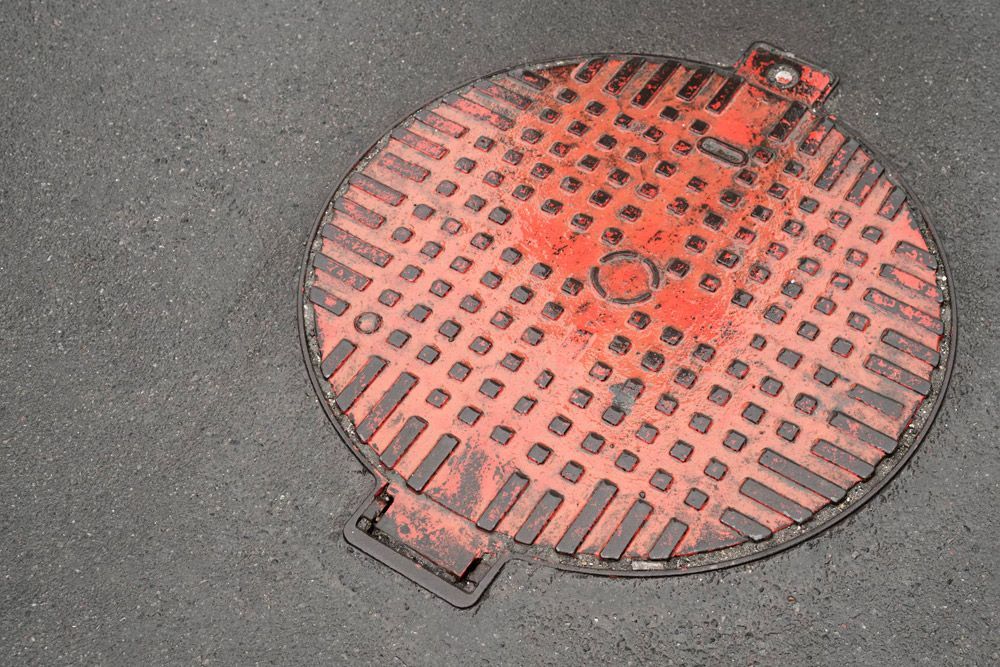Why Is My Yard Flooding After Heavy Rain?
If you are like many homeowners in Denver, you might be dealing with yard flooding. This can be a huge problem, not only because it is unpleasant but also because it can damage your property and even become a health hazard. There are a couple of things that you can do to take care of the issue and return your backyard to normal.
Why Yard Drainage Matters
Your yard flooding after heavy rain is probably due to poor drainage, which could be caused by problems like:
- Landscaping issues
- Compacted soil
- Clogged gutters
- Inaccurate grading
We all know that too little water is an issue for our grass. Likewise, too much water is just as bad.
Accurate yard drainage is critical not only for the visual appeal of your yard but also for the environmental safety and health of your property. Bad drainage could create waterlogging, contributing to erosion and damaging plants. Guaranteeing sufficient drainage is critical to a thriving and healthy landscape.
A real concern that should not be ignored is that drainage problems can create issues going from mold to flooding in your home’s structure and basement. You shouldn’t wait for these expensive problems to force your hand. Instead, repair your issues immediately when you see something is wrong.
Signs of Yard Drainage Issues
Stagnant Water
Yards should not turn into ponds after a normal rain storm and puddles that remain longer after the rain are a sure sign of drainage problems.
Soggy Ground
While the amount of time your lawn stays wet after rain or watering sessions will differ. Typically, a healthy lawn with good drainage won’t stay soggy or wet for over 24 hours after an average watering or rain. If your soil is constantly wet, you probably have a drainage issue.
Stunted Plant Growth
While there are several factors that affect plant growth, plants fighting to flourish might be writhing from too much water.
Erosion Marks
Erosion marks in a yard are obvious indicators of drainage issues and could be an issue for the total health of your landscape. They are usually depicted by gullies or obvious lines in the soil where water has swept off the topsoil.
Fungal Growth
Fungal growth is typical in yards with bad drainage where extra moisture generates the model conditions for fungi to grow. These diseases are harmful to the aesthetic appeal and health of your yard, producing a vast assortment of ailments. Watch out for these fungal indicators:
- Discolored (brown, white, or yellow) patches of grass
- Powder substances on grass blades
- Patterns or rings in the grass
Possible Reasons for Faulty Yard Drainage
Overwatering
While overwatering is way different from a flash flood, it is not a smart way to maintain your yard. If you observe stagnant water and puddles without rainfall, your sprinkler system may be at fault.
One solution might be to water your lawn between 6 a.m. to 10 a.m. or only when necessary. This gives enough time for the water to get into the ground before the sun’s heat causes evaporation.
Compacted Soil
In compacted soil, the particles are tightly packed, permitting no room for water to enter. This leads to water collecting on the surface instead of being absorbed.
Compacted soil is usually identified by its problem with penetration and hard texture, even when using gardening tools. An easy test entails trying to put a screwdriver into the soil. If it’s hard to push in a screwdriver, your soil might be compacted.
Landscape Grading
If the landscape has depressions or slopes in the direction of your house, water can collect in these areas instead of draining off. This could lead to dry spots in some areas and waterlogging in others.
Grading problems are usually detected by watching water flow patterns in heavy rain. Water pooling in low spots or close to foundations is a sure indicator. A drainage system professional may use tools such as a transit or level to correctly evaluate the slope.
Downspout and Gutter Problems
Downspouts and gutters that are wrongly installed, misaligned, or clogged could lead to water leaking close to your house. This can drench the soil around the foundation, leading to yard flooding.
Complete inspection before and after rain could disclose if downspouts are guiding water to the wrong places or gutters are overflowing. Clogs are detected by seeing the overflow or by examining for debris in the gutters.
Impermeable Surfaces
Some surfaces (sidewalks, driveways, and patios) can stop water from being absorbed into the ground. Instead, water flows off these surfaces and could collect in other areas of your lawn.
Impermeable surfaces are easy to recognize. The secret is to watch where runoff water goes during the rain and whether it impacts pooling in certain spaces.
Types of Soil
Soils with elevated clay content typically absorb water slowly, keeping moisture for longer periods. This could lead to bad root growth for plants and surface waterlogging.
Soil type can be decided by feeling the soil or via a soil test. Clay soils are moldable, sticky when wet, and hard when dry.
How to Eliminate Yard Flooding
Install a French Drain
One of the top ways to deal with yard flooding is to install a French drain. A French drain is a type of drainage system that aids in redirecting water away from your property. It’s a great solution for sloped landscapes and is mostly helpful for residential yard flooding due to low spots and downspouts.
This could be a valuable solution if your yard floods frequently or if you live in an area that is susceptible to flooding. A licensed and experienced technician can install a French drain on your property effectively and fast. Hiring a professional ensures that it is correctly installed so that you don’t have to worry.
Install a Rain Barrel
Another resolution that you might want to think about installing a rain barrel. A rain barrel is a sort of container that accumulates rainwater from your roof. This could be used to water your yard or plants during dry periods. Furthermore, it could help decrease the amount of water runoff from your property.
Install a Pop-Up Drainage System
If you don’t want to deal with using a French drain or if you have a small yard, you might want to install a pop-up drainage system. This type of drainage system is built to amass water and send it away from your home.
Regrade Your Yard
Another excellent way to handle yard flooding is to regrade your yard. This just means that you get an adjustment on the slope of your yard so that water moves away from your home instead of flowing towards it.
This may be done by eliminating or adding dirt from your yard. If you hire professionals who specialize in
storm drain repairs for Denver
homes, you will not only get your yard regraded, but you will also receive an examination of your drainage system and advice if you need to get a new one installed.
Have a Curtain Drain Installed
You can also eliminate flooding in your yard by using a curtain drain. They are just pipes with holes in them that are put in your yard and guide water from spaces where water is accumulating to other places in your lawn.
Many homeowners think that French drains and curtain drains are the same. French drains function at a deeper level beneath than curtain drains.
Add Mulch
This is more of a DIY solution, but if your lawn is graded away from your home, you can fill it with mulch. This will aid in absorbing some of the water and stopping it from pooling on your lawn. If you are adding mulch close to the exterior of your home, be sure the mulch is no less than six inches from your siding to prevent rotting and excess moisture from damaging your home’s exterior.
Install a Sump Pump
Another effective solution for yard flooding is to install a sump pump. Usually located in basements, this drainage system may be just as efficient at regulating flooding due to heavy rain.
A sump pump is a pump type that is put into the lowest part of your property. It assists in moving water away from your home, redirecting the water into a drainage system. This could be a very efficient solution if your yard floods frequently.
Get Help from Denver’s Yard Drainage Specialists
If you are having a problem handling yard flooding, then you might want to consider asking for help from a Denver yard drainage specialist. At Denver Sewer and Water, we have a team of professionals who can evaluate your property and offer you customized solutions. Contact us today with any questions or to schedule a consultation. We are also available 24/7 for any emergencies such as drain cleaning, sewer repair, water line repair, or fire line tap repairs.
